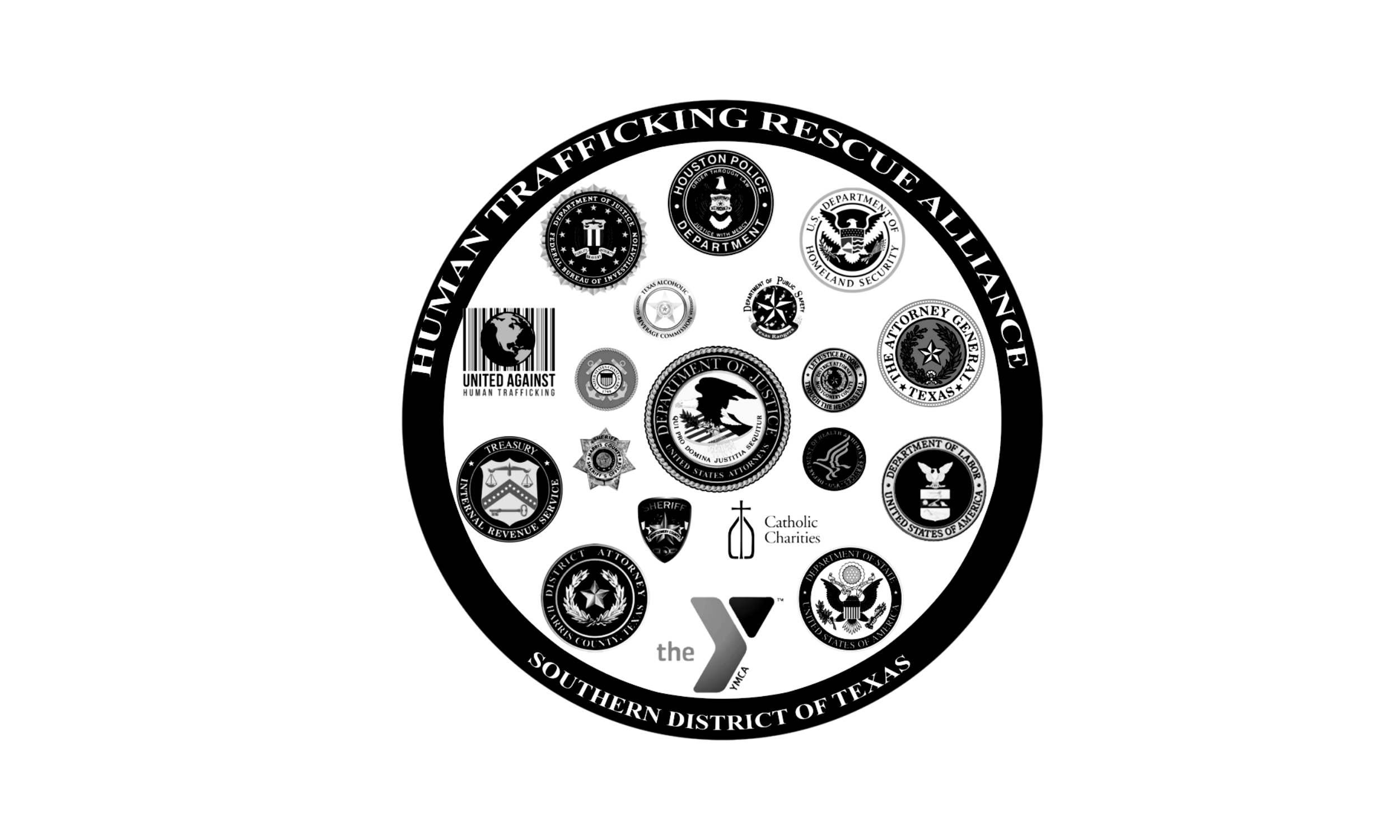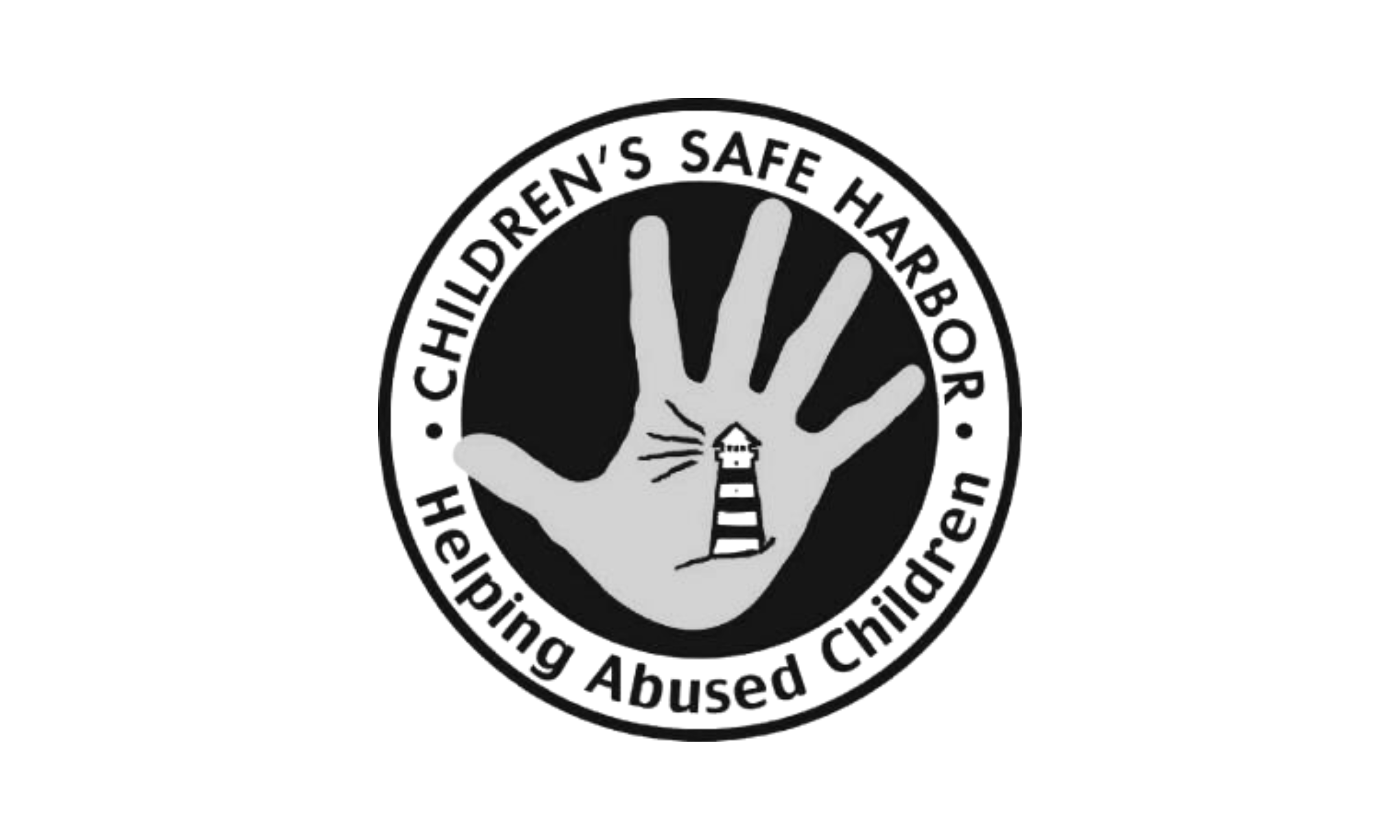Many healthcare organizations still don't employ specially qualified forensic nurses.
Texas Forensic Nurse Examiners: The Forensic Center of Excellence (TXFNE) is a round-the-clock service providing:
Medical Forensic Exams
Adult Forensic Interviews
Advocacy
Counseling
-
“As big as Texas is, there’s a lot of gap areas. Until that is met and a patient can go into any hospital in this region, my work is not done.”
— Dr. Khara Breeden, Founder and CEO of Texas Forensic Nurse Examiners
-
“We are always busy and try to give the best care we can. TXFNE forensic nurses provide that special care that helps not only the hospital but also the patient feel comfortable and heard.”
— Katie Williams ER nurse, CHI St. Lukes Health, The Woodlands Hospital
-
“TXFNE nurses have really bridged the gap for us in providing fast and convenient forensic medical services for survivors of violence.”
— David Angelo, Commander, Houston Police Department
Community Partners



















If this is an emergency, please call 911.
HOUSTON AREA
24/7 HOTLINE
(281) 306-6893
SAN ANTONIO AREA
24/7 HOTLINE
(210) 767-9556
NORTH TEXAS AREA
24/7 HOTLINE
(214) 550-7975







